Back
Ankush Sharma
Business Consultant ... • 8m
How Battery Energy Storage Systems Can Boost Rural Economies in India India's rural heartland—home to over 65% of its population—faces a persistent challenge: unreliable electricity. Despite significant rural electrification efforts, issues like power cuts, inconsistent voltage, and limited grid reach continue to hamper daily life and economic potential. Battery Energy Storage Systems (BESS) offer a game-changing solution by storing and supplying energy when needed, enabling a sustainable and inclusive rural development model. How BESS Drives Economic Transformation Agriculture BESS supports solar-powered irrigation, cold storage, and agro-processing, reducing spoilage and improving farmer incomes. Rural MSMEs Microenterprises—from tailoring to welding—benefit from uninterrupted power, boosting productivity, extending working hours, and lowering diesel costs. Healthcare BESS ensures reliable electricity in rural health centers, enabling refrigeration of vaccines, uninterrupted lighting, and functioning diagnostic devices. Education With BESS, schools can run smart classrooms, e-learning modules, and evening study sessions—critical in rural areas lacking daytime school access. Empowering Women & Youth Self-help groups (SHGs) and youth-led services thrive with BESS powering sewing machines, computers, and digital tools. It also opens new employment avenues in system maintenance and renewable tech. Implementing BESS in Rural India Solar Mini-Grids Pairing solar panels with battery storage offers 24/7 clean power to off-grid villages, especially in hilly or remote areas. Affordable Financial Models To overcome high upfront costs: Government subsidies (e.g., PM-KUSUM) Pay-as-you-go models for SHGs or households Community ownership through energy cooperatives Skill Development Training local youth in BESS installation and maintenance builds sustainability while creating green jobs. Supportive Policy Frameworks Including BESS in rural electrification schemes, offering GST exemptions, and streamlining regulatory approvals can accelerate adoption. Public-Private Partnerships (PPPs) Collaboration between governments, NGOs, and private companies can blend funding, technical expertise, and on-ground mobilization. Conclusion: A Catalyst for Inclusive Growth Battery Energy Storage Systems are not just technological tools—they are enablers of rural empowerment. By offering clean, reliable electricity, BESS supports better health services, modern education, thriving agriculture, and strong rural businesses. It bridges the urban-rural divide, creates green jobs, and builds climate-resilient communities. To fully unlock the potential of BESS, India needs integrated action—governmental support, private investment, civil society engagement, and, most importantly, active community participation. When powered by BESS, rural India doesn't just light up—it levels up.
Replies (1)
More like this
Recommendations from Medial
Account Deleted
Hey I am on Medial • 1y
China’s BYD Energy Storage has signed a deal with Saudi Electricity Company (SEC) for the world’s largest grid-scale energy storage project. The 12.5 GWh project, combined with a previously delivered 2.6 GWh system, brings the total capacity to 15.1
See More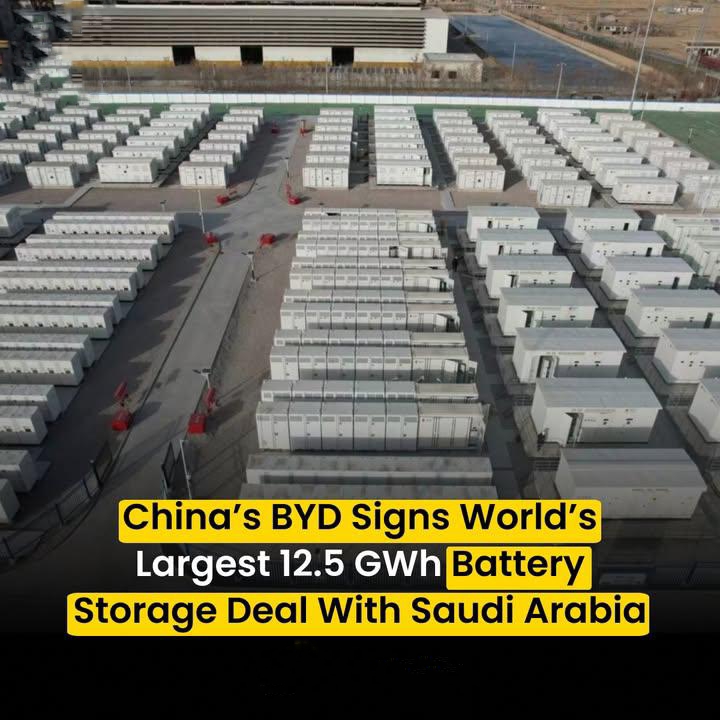
Vijay Sekuru
Founder Of WMAD Pvt ... • 1y
Renewable Energy in 2025: A Strategic Investment Global Growth: Renewable energy investment hit $728B in 2024 (+14.7% YoY), outpacing fossil fuels 2:1. Solar/wind lead, with renewables set to supply one-third of global electricity by 2025. AI Effic
See More
Daxshh
A business geek and ... • 10m
Has anyone heard that Anil Ambani is making huge investments in the solar energy sector with his company Reliance and NU Sutech. They signed a 25-year agreement with the Solar Energy Corporation of India supplying solar power along with battery stora
See MoreFifty Six June
I love thinking abou... • 6m
Any investor interested in Energy startup for seed funding. I want a personal touch with energy. As the world most consumption thing is the electricity. I have a technique of electricity generating which is far more better than solar and windmills
See MoreKolkata Index
News on Infrastructu... • 1y
🌞The newly inaugurated Solar Dome at Eco Park, Kolkata, is India’s 1st renewable energy museum! Standing 27m tall with 2,086 solar panels, it generates 180 kWh of electricity. The dome features around 50 TV displays, 30 projectors, and six LED tun
See More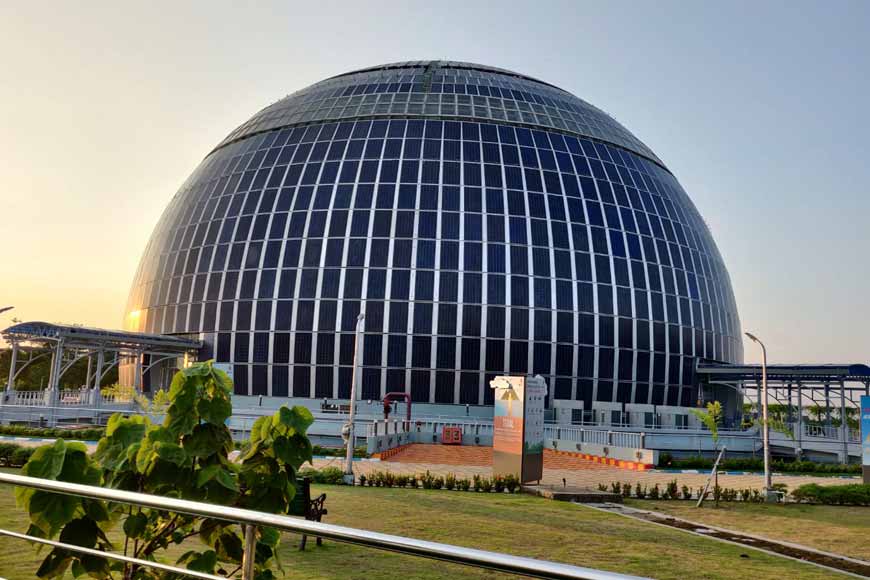
Ankush Sharma
Business Consultant ... • 7m
"Age of Electricity" is drawing closer. The latest report published by IEA highlights the investments across hashtag#energy sector. Key takeaways produced below: 1. Global hashtag#investment is expected to rise by 2% to $3.3 trillion this year. Chi
See MoreDownload the medial app to read full posts, comements and news.






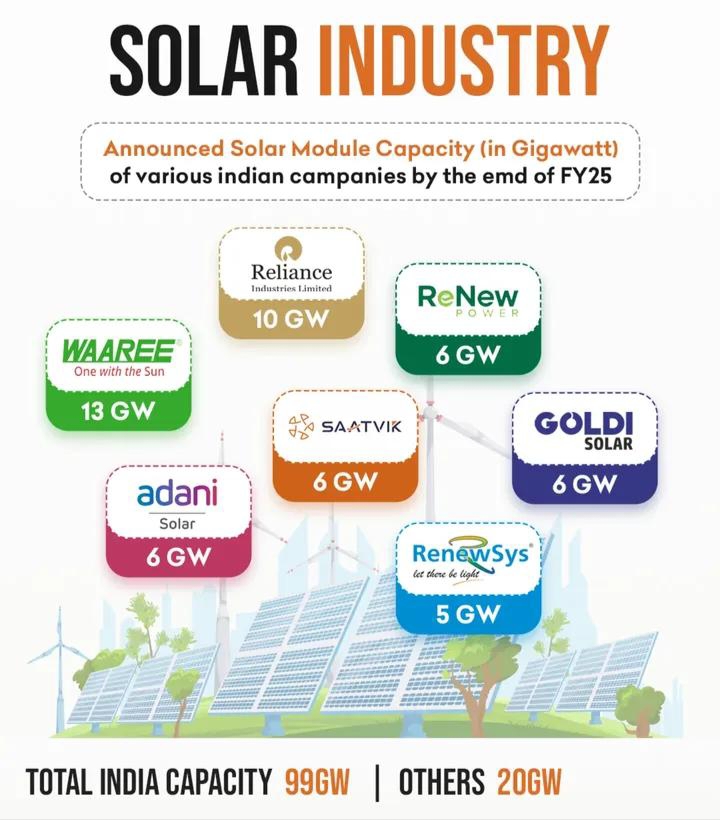



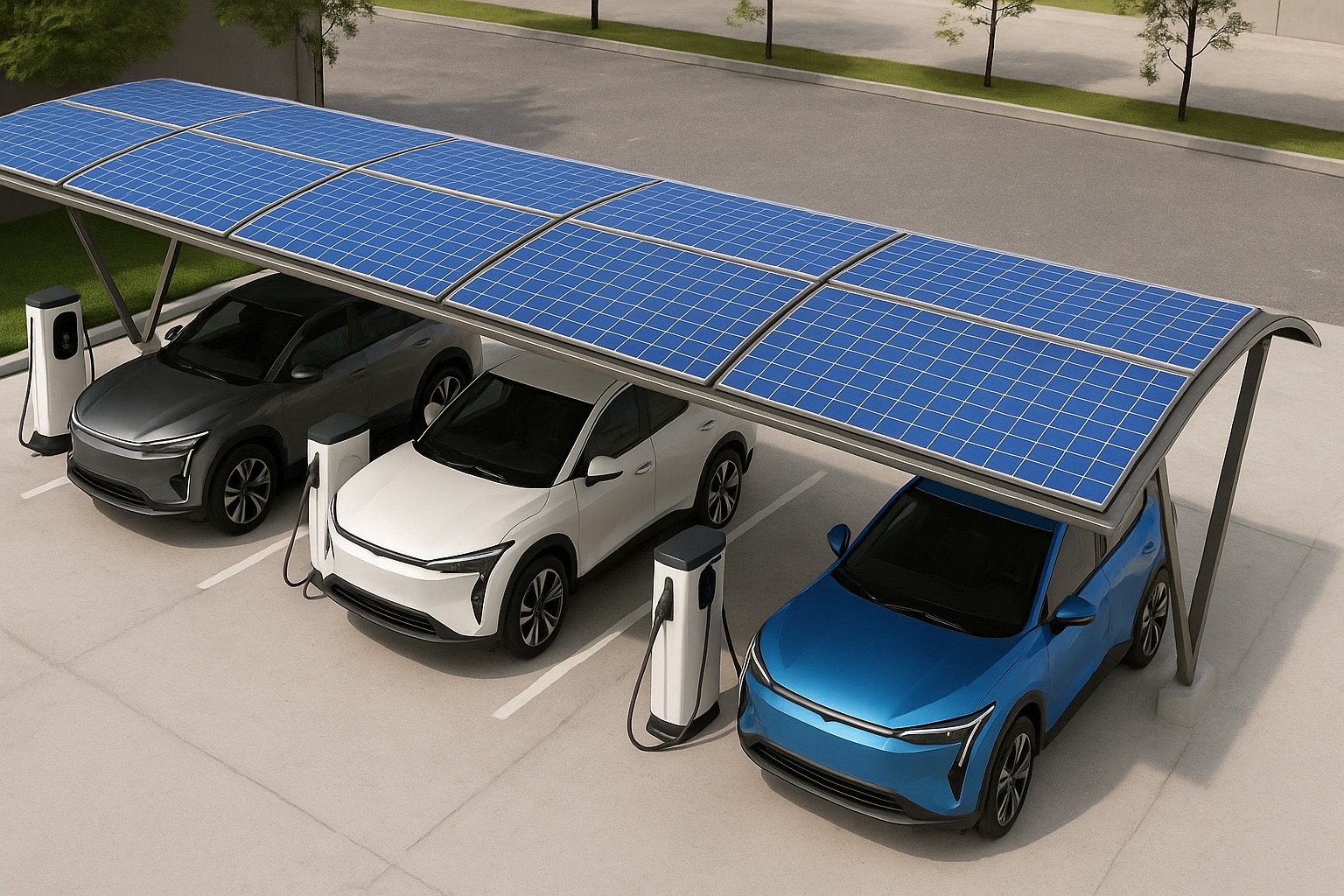
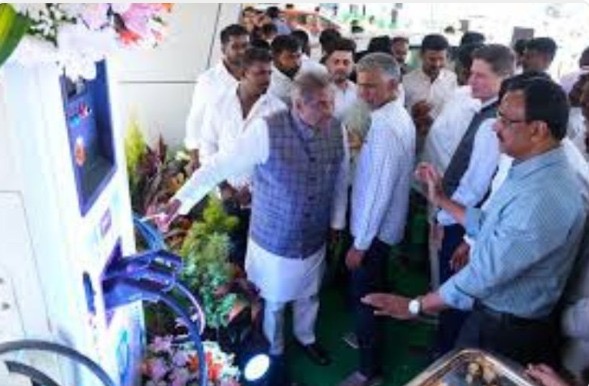




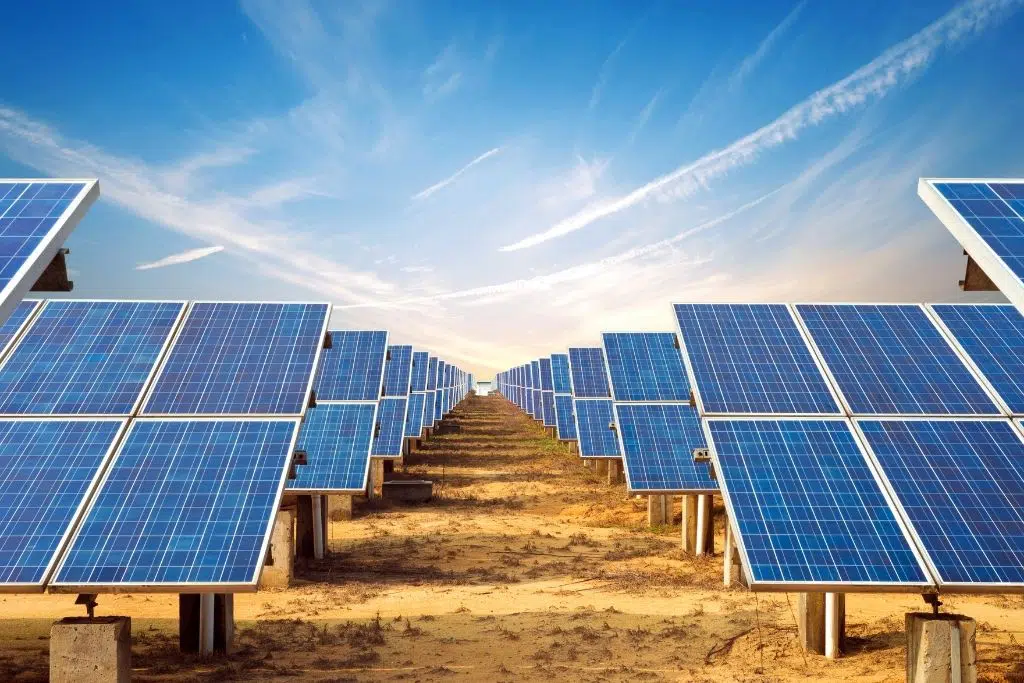

/entrackr/media/post_attachments/wp-content/uploads/2021/08/Accel-1.jpg)





















